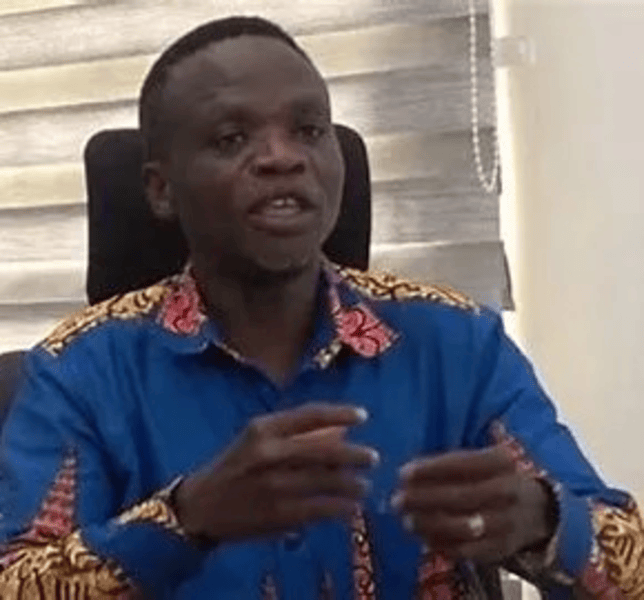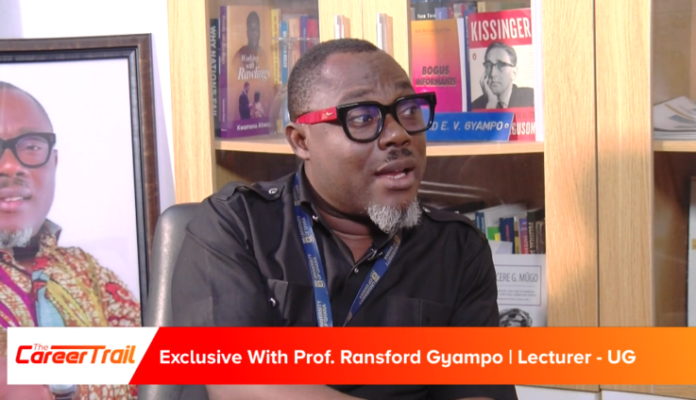In a political climate that often feels wired for conflict, Professor Ransford Gyampo’s calm response to the recent outburst from Dr George Domfeh is more than just good personal conduct.
It is a civic lesson. It shows that leadership isn’t always loud, and stature isn’t earned by shouting the hardest; it’s earned by how one behaves when provoked.
Prof Gyampo has never been shy about expressing strong, sometimes unpopular opinions.
Yet when Dr Domfeh launched into an unusually sharp, personal attack, the easiest response would have been to clap back with equal force.
Instead, Gyampo chose restraint, a decision that, in Ghana’s heated political space, is both rare and refreshing.
Democratic societies thrive on spirited disagreement, but they collapse when disagreement becomes personal hostility.
Research on political civility consistently shows that toxic exchanges discourage public participation and erode trust in institutions.
A study by the U.S. National Institute for Civil Discourse notes that personal attacks “drive citizens away from meaningful dialogue and reduce willingness to engage in democratic processes.”
Ghana is no exception. Every unnecessary verbal attack, especially from respected academics, creates the impression that public discourse is a battlefield rather than a marketplace of ideas.
When thought leaders trade insults instead of arguments, citizens begin to see politics as a hostile sport, not a platform for national development.
Why Domfeh’s attack was unnecessary
Dr Domfeh’s comments did little to advance national debate. They weren’t critiques of Gyampo’s ideas, research, or policy positions. They were ad hominem shots, the kind described in political communication research as “argument substitutes,” where the speaker attacks a person rather than engaging the substance of their viewpoint.

Such attacks almost always reveal more about the attacker than the target. They shrink discussion. They create noise where clarity is needed. And they distract from the public issues that genuinely deserve national attention.
Why Prof Gyampo’s composure increases his stature
Leadership is tested not in moments of comfort but in moments that demand discipline. By staying calm, Gyampo demonstrated three things:
- Respect for the public space: He showed that disagreements can be intense without being insulting.
- Confidence in his own ideas: When someone knows their intellectual standing, they don’t need to match aggression with aggression.
- Maturity that strengthens democracy: As political communication scholars often argue, restraint in the face of provocation is a hallmark of leaders who understand the long game of nation-building.
Ghana’s democracy doesn’t suffer because people disagree. It suffers because too many people disagree badly.
If more public figures handled provocation the way Prof Gyampo did, our civic culture would be less toxic, our discussions more thoughtful, and our democracy much stronger.
In this moment, Prof Gyampo didn’t just defend his reputation, he modelled a kind of leadership our public discourse desperately needs.
His calm didn’t make him smaller.
It made him bigger.


